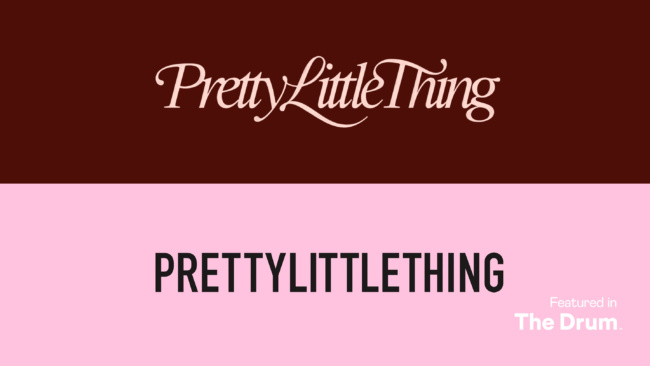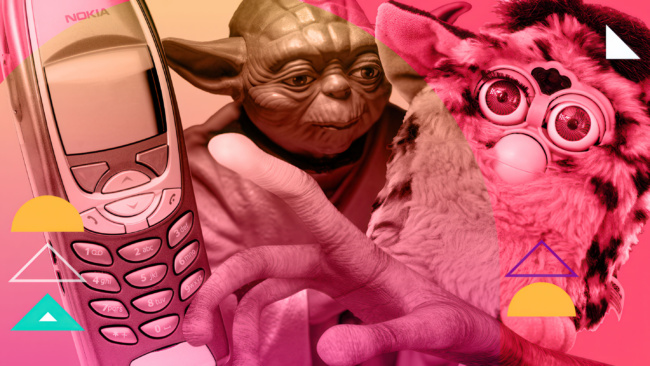
u003cstrongu003eWritten by: Rob Allen, Stratgery Partner.u003c/strongu003ernu003cp class=u0022p2u0022u003eThe healthcare system needs some restorative care – it’s suffering from the terrible branding affliction of homogeneity, a lack of differentiation and a hesitation to innovate. The industry has become too comfortable with its branding, healthcare businesses are settling with what they know because it has worked in the past. Their product has become their focus. But this has created a paradox across the industry – healthcare providers may be working hard to innovate their products, but they have forgotten to innovate their brand.u003c/pu003ernu003cp class=u0022p2u0022u003eHealthcare companies are all following the same brand template. They are failing to differentiate themselves strategically – with their ideas and approaches – and they are failing to differentiate in the expression of those ideas. There is an ocean of blues and greens – to represent tranquillity and trust – a repetition of language such as ‘transformation’ and ‘innovation,’ and the same stock images of people in lab coats. Visually, they are lacking key components of brand to set them apart – a tone of voice, graphic devices, and motion. If all healthcare brands adopt the same imagery, the only key driver of choice becomes price. And in a healthcare scenario, no one wants to feel they’re getting the cheapest possible treatment.u003c/pu003ernu003cp class=u0022p2u0022u003eDespite the inherently innovative nature of the healthcare industry, this fails to extend to the brands themselves which lack excitement and inspiration. And yet there is a wealth of opportunities to create distinctive positionings, roles and personalities. Brands need what we call Unordinary Ideas, and here are three key areas where the healthcare industry should focus to elevate their brands beyond the ordinary:u003c/pu003ernu003cp class=u0022p2u0022u003eu003cbu003eTell a unique story u003c/bu003eu003c/pu003ernu003cp class=u0022p2u0022u003eHealthcare is constantly changing – it is an industry fundamentally driven by innovation. Many healthcare brands are now led by tech to create new, exciting products, and they have stories to tell as a result – so why aren’t they sharing these? Brands have a ready-made origin story stemming from the brilliant research and technology that represents their journeys to market. They have unique narratives of how they became innovative brands that enhance and support the lives of their customers.u003c/pu003ernu003cp class=u0022p2u0022u003eFor example, Pfizer’s 2024 Super Bowl “Here’s to Science” advert was a nod to its role in the history of science, showing paintings, statues and photos of notable figures such as Isaac Newton, Charles Pfizer, Galileo and Albert Einstein. The brand saw its opportunity to tell everyone about its impressive contribution to medicine over its 175-year history and delivered this to the sound of Queen’s “Don’t stop me now” to create a fun and engaging way to tell its story.u003c/pu003ernu003cp class=u0022p2u0022u003eu003cbu003eWhat’s your position and role in the world of healthcare u003c/bu003eu003c/pu003ernu003cp class=u0022p2u0022u003eThe healthcare ecosystem extends beyond doctors – it includes pharma, nutritionists, personal trainers, mental health and many more. Brands need to look at their role within this ecosystem and what their contribution is. It’s not just about how do they enhance their customers’ health but also how do they enhance their customer relationships? Byu003c/pu003ernu003cp class=u0022p2u0022u003econcentrating on the answer to these questions, companies will have a clearer idea of how to differentiate themselves from competitors through their branding.u003c/pu003ernu003cp class=u0022p2u0022u003eWhen brands start with an unordinary idea, they start with a clear point of difference from their competitors and all aspects of the brand will look, feel and be different to other businesses. The originality will be at the heart of the brand proposition.u003c/pu003ernu003cp class=u0022p2u0022u003eu003cbu003eUnderstand the motivation of your specific audiences to better connect u003c/bu003eu003c/pu003ernu003cp class=u0022p2u0022u003eThere are many different drivers for purchasing from a healthcare brand – motivations vary across patients, suppliers, government bodies, health practitioners and beyond – so fully understanding the range of audience needs and wants can be a complicated process.u003c/pu003ernu003cp class=u0022p2u0022u003eDifferent audiences will respond to different messages. For instance, the everyday consumer doesn’t like to go against their own instincts, so it’s tricky to persuade them to go for a checkup if they don’t want to. But if they have a headache and need painkillers, their drivers of choice will be speed and efficiency. A deep and accurate understanding of the pressures, complications and contradictions facing the audience will ensure that a brand’s message is timely and motivating.u003c/pu003ernu003cp class=u0022p2u0022u003eThe opportunity for healthcare brands is clear. This is a category full of invention and discovery but populated by many brands that are generic and lack distinctiveness. They position as the category, not themselves. The desire to reassure has overwhelmed the opportunity for originality.u003c/pu003ernu003cp class=u0022p2u0022u003eBrands need to: tell u003ciu003etheir u003c/iu003eunique story; understand u003ciu003etheir u003c/iu003erole in healthcare and connect with u003ciu003etheir u003c/iu003especific audience. By using those inputs, they can define u003ciu003etheir u003c/iu003eUnordinary Idea – and prepare themselves to lead the category.u003c/pu003e

